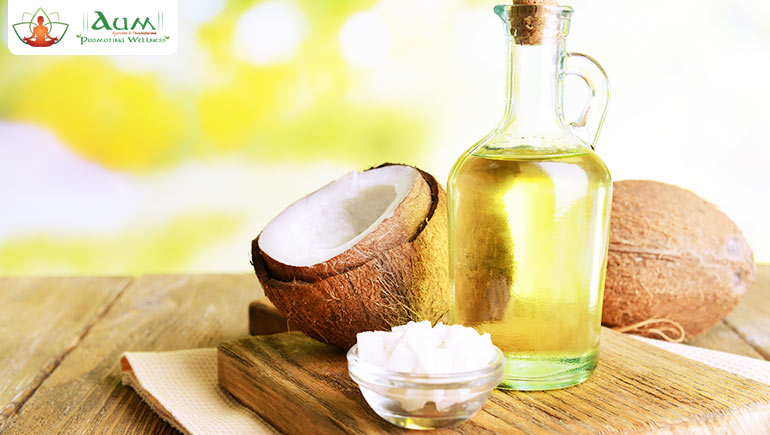Winter is still in full swing. It is the most pleasant time of the season.
According to Ayurveda the “Hemanta” (November – December :beginning of winter) and “Shishira”(January – February: late winter) seasons together, are referred to as the cold season (“sheeta kaala”).
Shishira marks the onset of aadaana kaala (the period of dehydration). According to Ayurveda physical strength and appetite is highest in winter.
In winters, the body retains heat and protects itself from the cold weather. This strengthens the digestive system and makes it capable of digesting large portions of food. Seasonal food available in this period is also rich and nutritious. This season is particularly good for enhancing immunity (ojus).
But with falling temperature dryness intensifies further. Occasional clouds, wind and rainfall are also features of late winter which we all witnessed for last couple of years.
Due to extreme cold in winter, vata dosha increases and kapha dosha gets accumulated naturally.
Though it is the joyful season many people seem to be down with cold, cough and sniffles and other vata related problems like exaggeration of skin conditions, joint pain, relatively high blood pressure.
So follow do’s don’t explained in ancient text of “Ayurved” and take care of yourself . You can avoid these irritating health problems just by following simple tips like –
1. Avoid cold food, cold water and cold drinks.
2. Avoid vata-increasing diet (bitter, astringent and pungent tastes)
3. Eat rich food, but don’t over eat
4. Foods which are unctuous, hot and sour – salty as the overwhelming taste can be taken in moderation this season as these tastes are vata pacifying.
5.Cereals and pulses, wheat/gram flour items, new rice, corn, and others, are suggested. Ginger, garlic, Haritaki (fruits of Terminalia chebula), pippali (products of Piper longum), sugarcane items, and milk and milk items are to be incorporated into the eating regimen.
6. Try to keep yourself warm by wearing warm clothes, warm baths and steams or by taking sun baths
7. Do vigorous physical activity or exercise. Aerobic exercises, yoga poses or cardio are recommended.
7. Harshness of winter damages your skin and intensifies ageing of the skin. Take care of your skin with regular abhyangam treatment (massage with vata pacifying medicinal oils, sesame oil or mustard oil ). It keeps your skin soft, smooth and supple.
8.Abhyangan also detoxifies your body, keeps it warm, and prevents aggravation of vatadosha.
9. Abhyangam also rejuvenates central nervous system, relieves stress, calms mind, and improves the quality of your sleep.
10. Abhyanga improve blood circulation and controls peripheral vessel constriction thus helps to regulate high Blood pressure in winter.
In case you’re already down with a cold and a cough you can use home remedies to treat it. Here’s how:
1. Take 1 tsp of tulsi juice and honey
2. Take warm water or ginger tea
3. Saute flaxseeds. Add water and boil it. Add 1 small piece of cinnamon, 1 clove, sounf (aniseeds) and small size onion. Boil until it remains 1/4 and then strain it. Add a few drops of lime juice and honey. Consume the mixture for cold and cough relief
4. Inhale fumes of ajwain (carom seeds) and haldi (turmeric)
Follow Ayurveda and stay healthy…

